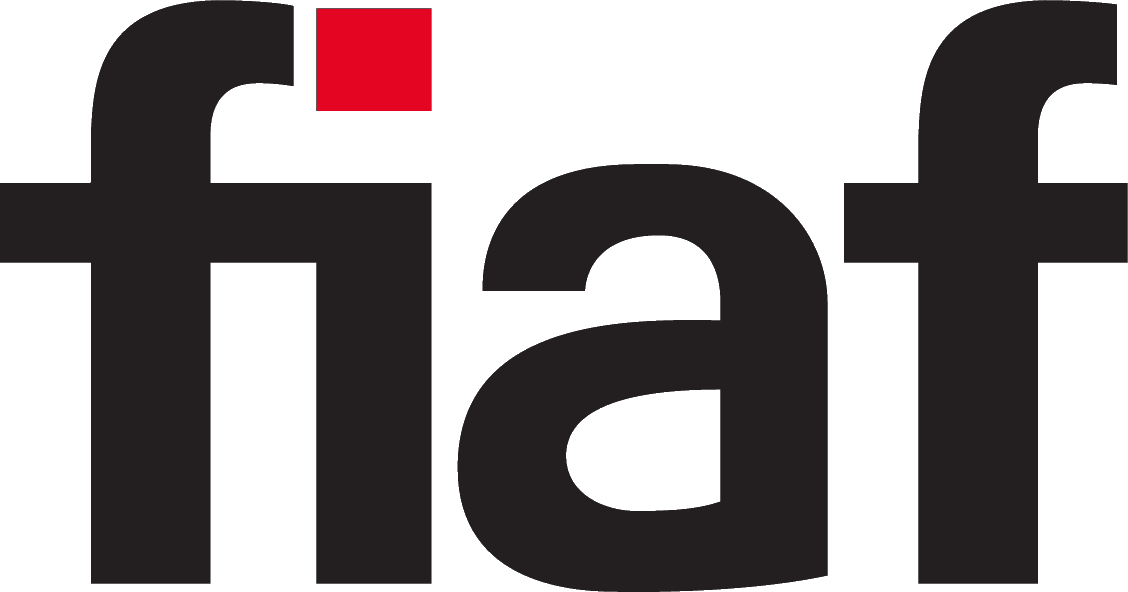2022 Budapest Symposium
Session 8 : “Views with Views” – Archival life and cataloguing of non-feature film collections & Closing Remarks
Budapest, 26 April 2022
Moderator : Jon Wengström, Senior Curator (The Swedish Film Institute, Stockholm)
Please do not publish or re-use in any way any of these documents without prior permission of the speakers.
Challenges for the archive: the Geesink commercials
Leenke Ripmeester, Curator animation and advertising film (Eye Filmmuseum, Amsterdam, The Netherlands)
In 1972, Eye Filmmuseum received the collection of the Geesink studio, containing more than 8000 prints of commercials with a length varying from 7 seconds to 4 minutes. These were ads made in the 1950s and 1960s for cinema and television, using puppet animation and live action, for markets within Europe and the U.S.A. Philips, Campari, Maggi, Heinz and Alka Seltzer were among the studio’s clients. It was only in 2007 that Eye started working on this collection when it received a large funding of the government. This presentation discusses the various challenges and issues Eye encountered while working with this collection since then. How to store, disclose and (digitally) conserve such an enormous amount of short films? In the last 15 years, Eye adopted and adjusted its workflow while realising there are no easy solutions. In addition, while presenting the collection to the public in varying ways, Eye had to address the uncertain copyright status of these films and the use of outdated stereotypes in many of these commercials.

(In)visibility of Central European non-majority cultures in film collections
Michal Klodner, Digital curator (Národní filmový archiv, Prague, Czech Republic)
Michal Klodner will present an ongoing collection management initiative in Národní filmový archiv, Prague, opened by researching archival praxis in representation and description of language, ethnicity, religion or gender plurality. Starting with focus on nation concepts in the Central European area and Roma language and identity in particular, by framing the theoretical ground of the normativity issues in historical and contemporary portrayal of other cultures, related questions of the archival science are formulated. In non-feature film collections we can encounter several concurrent biases throughout 20th century image politics or propaganda, requiring us to formulate strategies how to uphold cultural and political integrity of archival collections. In digital curatorial practices the findings provide us new ways to construct virtual collections, use of thesauri and other searchability concepts in catalogues. Moving beyond the unspoken status quo and cultivation of archival competency in this area can prevent marginalisation and culturally unsafe feelings of social groups and facilitate establishing convenient archival policies in communicating the collections.

Documenting the Imperfect Life for the Bright Future – Digitizing the Films of the Staatliche Filmdokumentation (SFD) at the Bundesarchiv
Adelheid Heftberger, Deputy Head of the Film Archive (Bundesarchiv, Berlin, Germany)
We will focus on a collection of films made between 1972 and 1985 by the Staatliche Filmdokumentation (SFD) - the State Film Documentation unit – which survived as part of the collection of the Staatliches Filmarchiv der DDR (SFA). This unique collection not only contained audiovisual material but ultimately, information about a specific time and place and its people, initiated and guided by the idea that one should collect the ‘typical’ sense of everyday life, but to do so in order to capture the ‘extraordinary’ as well. The footage was also intended to be used by filmmakers who wished to make future films at the time of collecting / recording with unknown purpose or at least no clear purpose.
Of the 320 films produced by SFD at least one set of image and sound elements is preserved at Bundesarchiv. In most cases one image negative and one positive on 16mm acetate film material exist plus two corresponding sound elements on separate magnetic tape, both on polyester and acetate carriers. In some cases the audio tracks of multiple films were recorded on one double audio track tape challenging the cataloguing and indexing process in the database as well as the digitization workflow.
In 2020 a project was launched aiming to assess the condition of the elements in a first step and subsequently to digitize and make them available for viewing. By showing clips from exemplary titles of the SFD collection we will illustrate the decision making process behind the selection of the materials and the digitization workflow.
Provisional ends: The research of non-fiction collections
Tzutzumatzin Soto, Archivist (Cineteca Nacional de México)
In this presentation I will expose the challenges and contributions of the cataloging of the Garrido Canabal Collection, as a result of its recent digitization and the development of a collective research process. Its cataloging signifies a contribution to the way of describing non-fiction collections in the Cineteca Nacional de México, This collection consists on forty nine 35mm nitrate film rolls (8 hours and forty minutes of images) that show Tabasco, in the Mexican southeast, after the Mexican Revolution, between 1924 and 1934. Its cataloguing began in the middle of the 1990s, being truncated until 2016 and provisional concluded, in 2021. I propose, with my presetation, to reflect on the working and technological conditions, as well as the cataloging policies that influence the way in which a collection is considered as "duly cataloged", assuming decisions regarding the provisional limits that we consider in a project of this nature.







